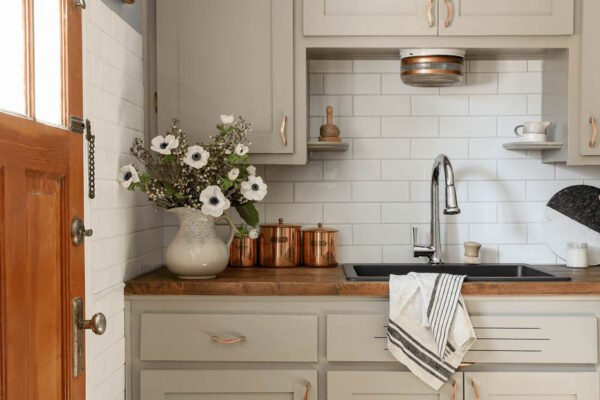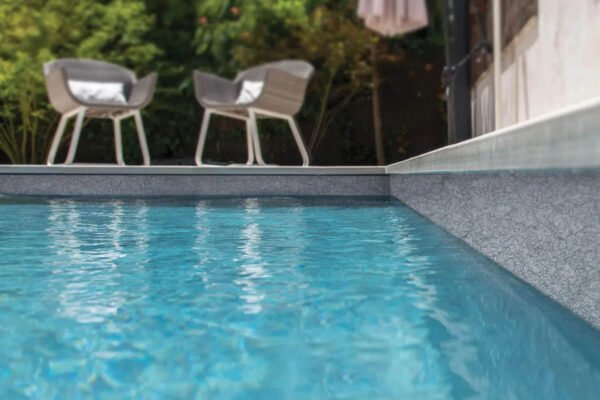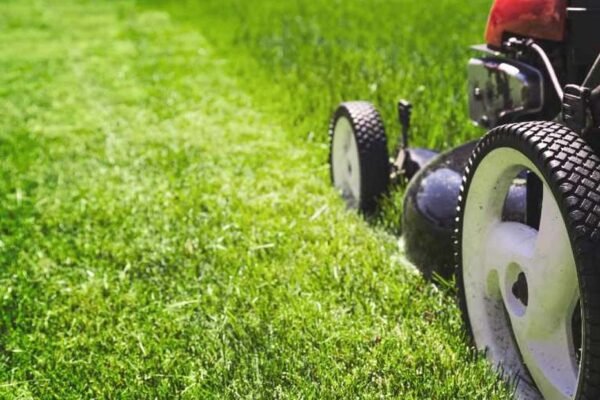
Central heating systems are essential for maintaining comfort and warmth in homes and buildings, particularly during colder months. However, like any mechanical system, central heating systems can experience various issues over time. Understanding common problems and their causes is crucial for troubleshooting and resolving issues promptly. Below are some of the most common central heating problems, along with possible causes and solutions.
1. No Heat or Inadequate Heating
Cause: Several factors can cause a central heating system to fail to produce heat or provide insufficient heating. These may include a malfunctioning thermostat, airlocks in the system, low water pressure, or a faulty pump.
Solution: Start by checking the thermostat settings to make sure they are correctly configured. If the thermostat seems to be operating properly, verify the boiler pressure gauge to ensure it falls within the prescribed range. Bleeding radiators to release trapped air can help resolve airlock issues. If these steps don’t solve the problem, it may be necessary to call a qualified heating engineer to inspect and repair the system.
2. Strange Noises from the Boiler or Radiators
Cause: Unusual noises such as banging, whistling, or gurgling from the boiler or radiators can indicate various issues, including air buildup in the system, a faulty pump, or a buildup of limescale in the boiler.
Solution: Bleeding radiators to release trapped air is often the first step in addressing strange noises. If the problem persists, it may be necessary to check the pump for faults or limescale buildup. In some cases, professional boiler servicing or descaling may be required to resolve the issue.
3. Boiler Losing Pressure
Cause: One common issue encountered with central heating systems is a loss of boiler pressure. This can occur due to leaks in the system, bleeding radiators, or a faulty pressure relief valve.
Solution: If you notice a drop in boiler pressure, check for visible leaks in the system and tighten any loose connections to look for reasons why your boiler may be losing pressure. Additionally, bleeding radiators to release trapped air can help to restore pressure. If the pressure continues to drop despite these efforts, it may indicate a more serious issue that requires professional attention. Contact a qualified heating engineer to inspect the system and address any underlying problems causing the pressure loss.
4. Leaking or Dripping Boiler
Cause: Leaks or drips from the boiler can be caused by various factors, including damaged seals, loose connections, or corroded pipes.
Solution: Turn off the boiler and water supply immediately if you notice any leaks. Check for visible signs of damage or corrosion, such as rust or water stains. Tighten loose connections if possible, but avoid attempting repairs beyond your expertise. Contact a qualified heating engineer to inspect the boiler, identify the source of the leak, and perform any necessary repairs.
5. Cold Spots on Radiators
Cause: Cold spots on radiators can indicate trapped air or a buildup of sludge within the system, preventing hot water from circulating effectively.
Solution: Bleeding radiators to release trapped air is often the first step in addressing cold spots. If bleeding the radiators doesn’t resolve the issue, power flushing the central heating system can help to remove sludge and debris, restoring efficient heat distribution.
6. Pilot Light Goes Out
Cause: A pilot light that frequently goes out may indicate issues such as a faulty thermocouple, a blocked flue, or insufficient gas supply.
Solution: Check the pilot light to see if it is lit. If not, follow the manufacturer’s instructions to relight it safely. If the pilot light continues to go out, it may be necessary to inspect and replace the thermocouple or clean the flue to ensure proper ventilation. If you suspect a gas supply issue, contact your gas provider immediately for assistance.
Conclusion
Issues with central heating systems vary in severity, spanning from minor inconveniences to significant safety risks. Homeowners can proactively maintain their systems and promptly address common issues by having an understanding of the causes.
However, prioritizing safety is paramount, especially when faced with complex or potentially hazardous problems. Seeking professional assistance is crucial in such instances. Additionally, regular maintenance and servicing play a vital role in preventing issues and extending the lifespan of central heating systems.








